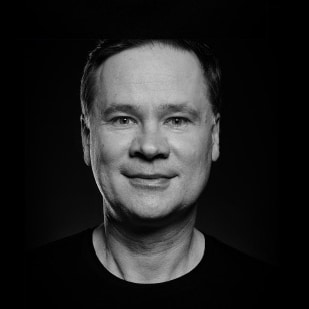Your Payment Experts
WE GO DEEPER AND CREATE VALUE
OSTHAVEN is a highly specialized management consultancy for the payment and banking sector. With the combination of entrepreneurial spirit and profound know-how we support you in realizing your goals. As a reliable consultant and competent partner, we accompany you step by step through your challenges. Strong identification with our customers is the prerequisite for the development of successful solutions that meet the constant market changes and customer requirements. In doing so, we always act pragmatic, full of passion and visionary.








